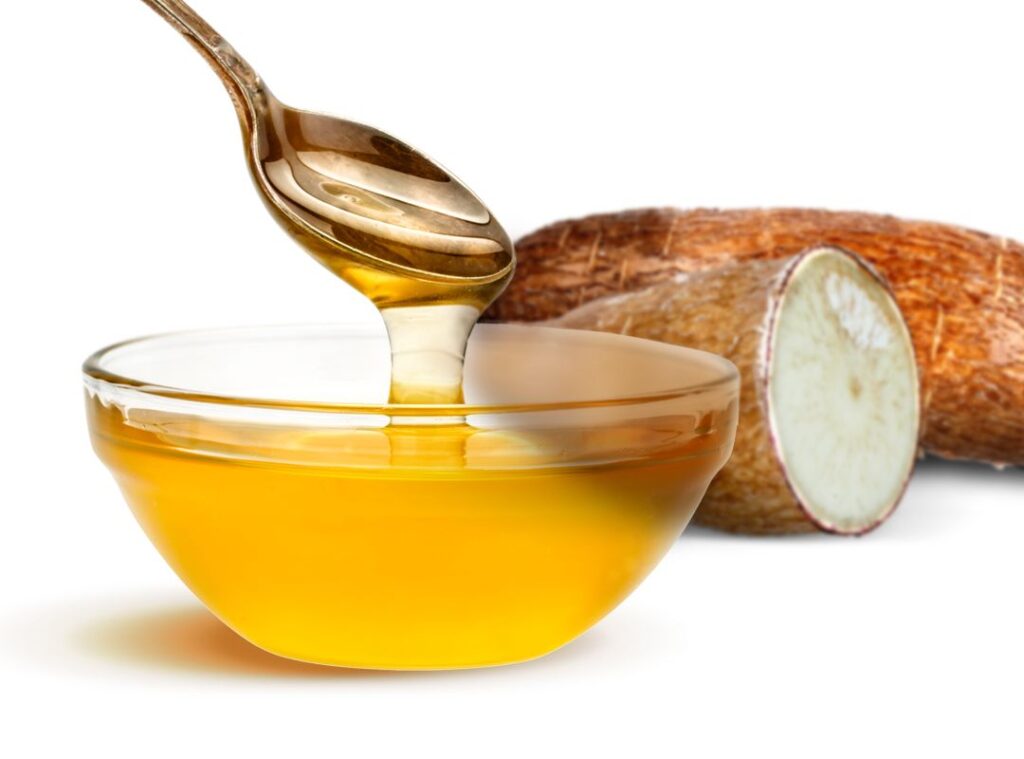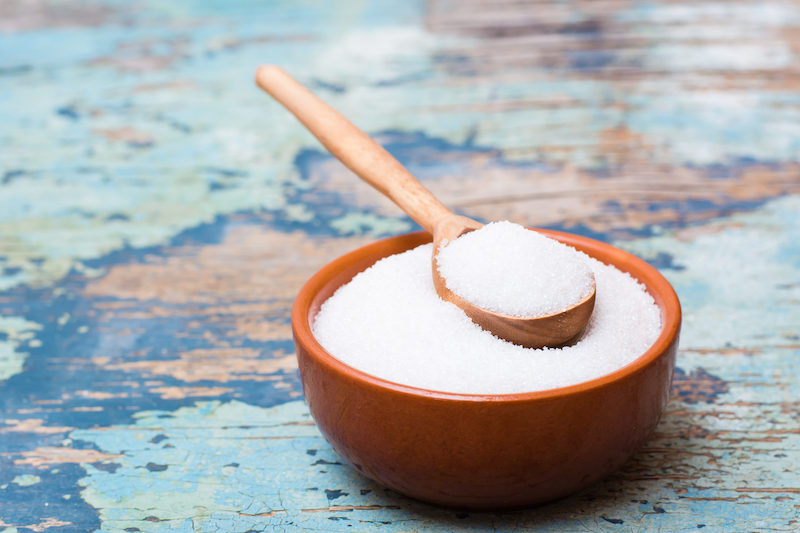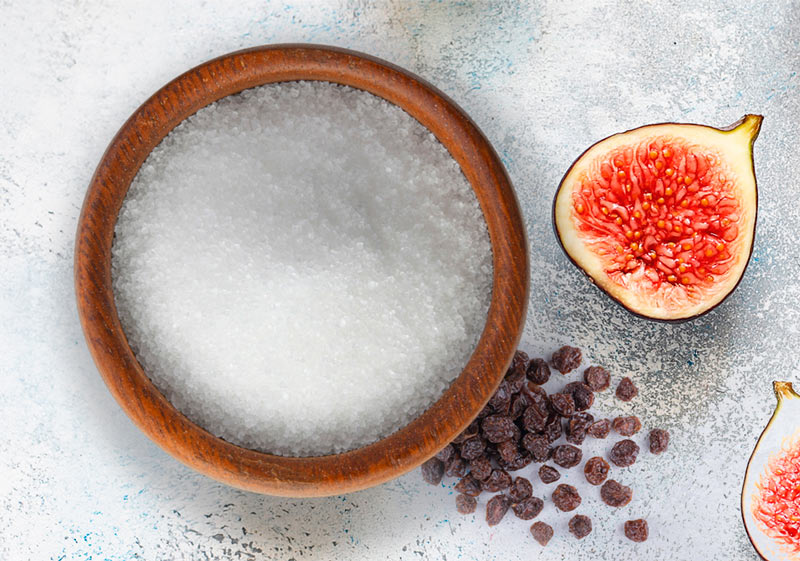Sweet success while cutting down on sugar? Yes and yes.
Sugar is widely recognised as an ingredient that consumers are keen to control, with 81% citing diabetes and weight gain as significant concerns. This growing awareness is reflected in market trends, where sales of packaged food and beverages with reduced-sugar claims have increased by over 30% since 2020.¹ Additionally, 77% of global consumers consider the type of sweetener in their food and drink to be crucial, and 75% prefer natural sweeteners.1 Clearly, reducing sugar while maintaining product appeal is essential.
Beyond its sweetness, sugar plays a vital role in flavour development through Maillard reactions, as well as in texture, preservation, and balancing other tastes such as salty, sour, and spicy. Reducing sugar without drastically altering recipes is a complex challenge. There is no one-size-fits-all solution; instead, a combination of ingredients typically works synergistically to overcome various challenges, from selecting the right sweetening system to choosing suitable texturants and preservatives.
Here are some key ingredients to achieve sugar reduction effectively. How will you incorporate them into your next product?






